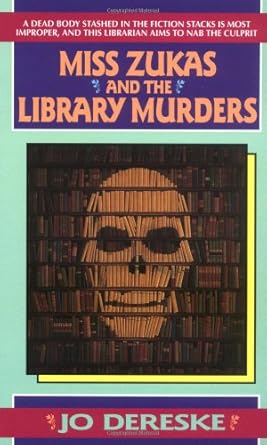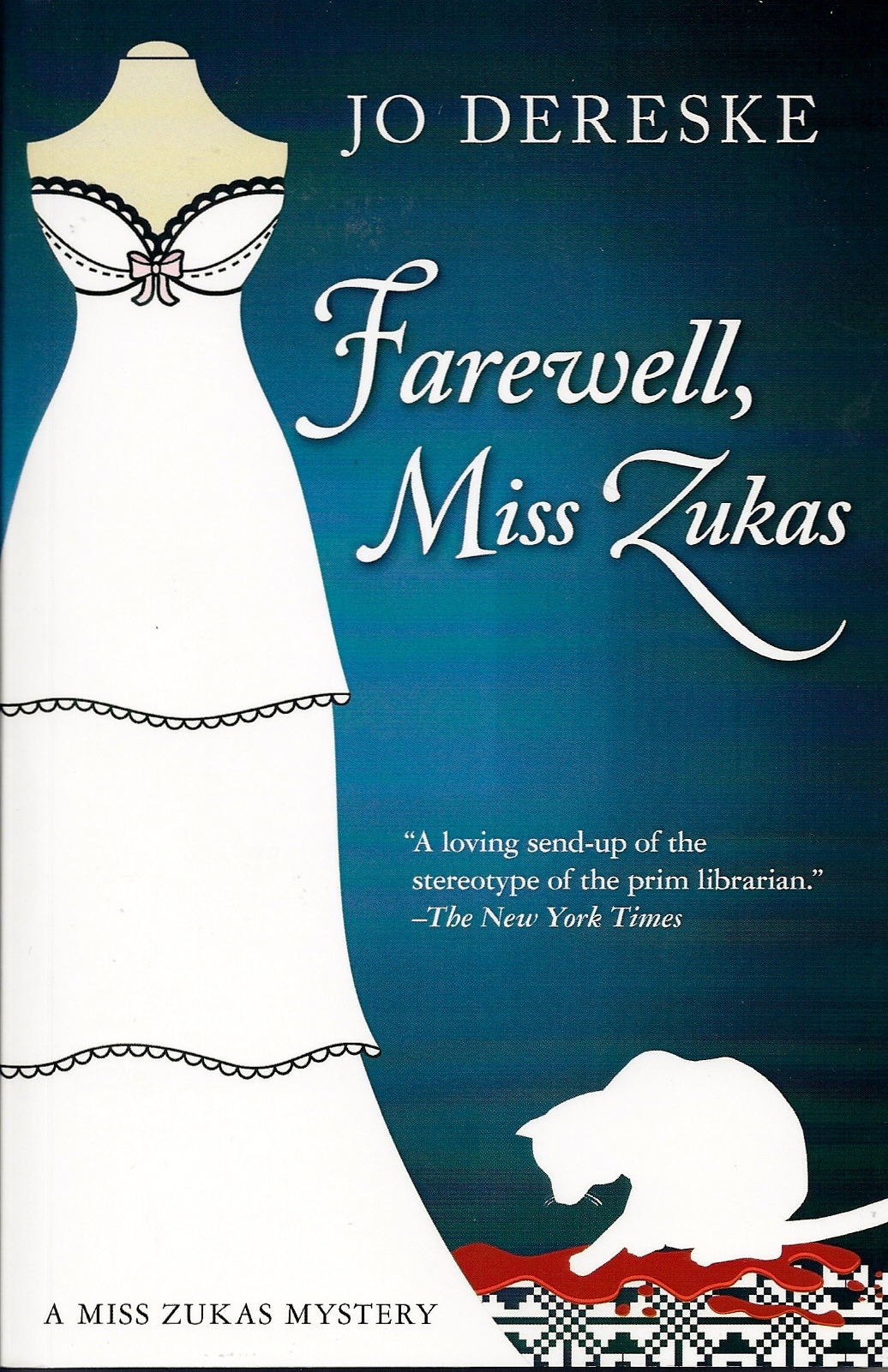A writer woke one winter morning in his apartment south of Gramercy Park, in New York City, and remembered that he had promised to deliver a short story to an editor that very day. He sat and composed a 2,000-word story in three hours. Needless to say, the story was perfect. The editor ran it exactly as written!
No—wait. I have it on good authority that what
really happened is the editor sent one of the newspaper’s illustrators trudging through the snow to bang on the writer’s apartment door, bug him about getting his story turned in, and elicit some glimmer of an art concept. Admitting the idea was still hazy, the writer instructed the illustrator to draw a young couple standing by the window of their furnished flat—and sent him on his way.
Oh. Sorry, folks. I’m glancing at my notes now, and it seems the writer didn’t write the story in his apartment at 55 Irving Place, but a few doors down in
the second booth of Pete’s Tavern. And he was three sheets to the wind when he wrote it!
Who knows how short stories spring to life? How many writers meticulously document their process, beat-by-beat, when they could be working on the piece instead, getting it submitted, and getting paid? In the absence of a solid record, if the story becomes famous, legends of its writing pop up and kick truth to the corner.
 |
| Guests who stay at the O. Henry Hotel in Greensboro, NC, find this paperback in their room, which they are welcome to take home. |
All we really know is, this particular story appeared in print on December 10, 1905. The newspaper was
The New York Sunday World. The story, then dubbed “Gifts of the Magi,” was retitled when it appeared in the author’s 1906 collection,
The Four Million. Today, it’s regarded as O. Henry’s finest, but I doubt he ever saw saw it that way. Why would he? When William Sydney Porter died five years later, at age 47, “Magi” was just one of the 600 stories he wrote in his lifetime. And he wrote it for Joseph Pulitzer’s
World, which is
the newspaper that invented yellow journalism. Porter probably never envisioned that the piece would be performed on stage and screen by human actors, Mickey Mouse, and Muppets alike.
What Porter (1862-1910) thought of the story, the creative decisions he made while writing it, are lost to history, though numerous books share sweet anecdotes about its writing, like the ones I mentioned above. I love the last graf of the story, and never tire of rereading it. But there is a genuine mystery embedded in the first graf of the story. Let’s all play detective, and see if we can spot it:
One dollar and eighty-seven cents. That was all. And sixty cents of it was in pennies. Pennies saved one and two at a time by bulldozing the grocer and the vegetable man and the butcher until one’s cheeks burned with the silent imputation of parsimony that such close dealing implied. Three times Della counted it. One dollar and eighty-seven cents. And the next day would be Christmas.
You spotted it, didn’t you? If Porter took pains to spell out that sixty cents of Della’s money is in the form of pennies, then what coins made up the remaining one dollar and twenty-seven cents?
When I was editor of a children’s math magazine, I briefly thought of posing this question in an article, until I realized that in order for this to work as a solid classroom activity, I would need to print O. Henry’s entire story, and take pains to spell out for kids and teachers all the story’s nuances. For example, I myself first heard the story read aloud by my fifth grade teacher. Afterward, I remember him stopping to explain, “You see, she sold her hair. To make wigs.” He probably also explained that pocket watches needed a fob, lest they go missing. I suspect that these sorts of historical facts need to be explained to adults, even today. I never ran that article; it would run too long for our desired length.
But I digress. Let’s take a look at the math. Quick note for readers beyond America’s shores: US currency is largely unchanged since 1905, when Porter wrote the story. Until last month, Americans could settle their debts with paper currency, quarters (25 cents), dimes (10 cents), nickels (5 cents), and pennies. Dollar and half-dollar coins would have also been plentiful in 1905, but today are mostly relegated to collectible sets issued by the US mint. Pennies were popular in 1905, but died an ignominious death on November 12, 2025. They will remain in circulation for the foreseeable future.
So, on the face of it—or shall I say obverse?—Della could have had one dollar (in coin or paper currency) and a quarter, but that means she would have needed another sixty-two, not sixty cents in pennies.
If we look earlier than 1905, we find that the US Mint did issue a two-cent coin, and that coin could easily solve our problem. Della could have a paper dollar, a quarter, a two-cent coin, and sixty pennies. But the two-cent coin was minted between 1864 and 1872, and many online wags insist it is too much of a stretch that Porter would write a story that relied on the existence of a coin that went out of service when he was ten years old. The US mint did issue a three-cent coin that could also easily resolve the question: 9 x 3-cents = 27 cents. But the last three-cent coins were struck in 1889, sixteen years before “Magi” was written. Still, that number of years sounds more reasonable than arguing for the two-cent piece.
Another wrinkle to iron out: As we writers know, just because Porter
wrote his story in 1905 does not necessarily mean he was claiming that the events of the story were set in 1905. Personally, I don’t think this applies in this case. O. Henry was not a practitioner of historical fiction...
mostly. His pieces typically appeared in newspapers printed for working-class readers
of his day. Read today, fish wrappers tomorrow. Throughout “Magi,” he quotes figures that readers would have recognized as authentic and appropriate for their time. Della’s husband Jim earns $20 a week, the couple pays $8 a week for their furnished apartment, Della sells her hair for $20 and uses the money to buy Jim a
platinum watch fob. That precious metal became popular in US jewelry design in the early 1900s, supporting the argument that the story takes place in the 20th and not the 19th century.
But here is my biggest argument for accepting the two- or three-cent coin “solution.” As a kid growing up in the US in the 1970s, I remember finding coins in pocket change that were minted in the 1930s. Occasionally we’d find “Indian head” pennies, which were last minted in 1909. So, in my own lifetime, I was accustomed to finding coins that were close to seventy years old without much effort. (One of my brothers collected coins, so we were really looking.) I know without asking that many of you fine readers and scribes have had the same experience. Americans used to routinely find Canadian, Mexican, Irish, and UK coinage in their pockets. I’ll bet citizens of those four nations had similar experiences with US coinage.
Who’s to say Porter didn’t see the same thing in his day with supposedly extinct American coinage?
If you refuse to accept vintage two- and three-cent coins as solutions to the “Magi” mystery, then the only acceptable theory is that Porter picked figures that emphasized Della’s poverty without bothering to see if the math worked. Artistically speaking, one dollar and eighty-seven cents sounds better than one dollar and eighty-five cents. Telling us that sixty cents of it is in pennies illustrates the point of the paragraph, that Della is literally saving one penny at a time.
But I struggle with the notion that he did not care, for what I think is a good reason.
You may recall that Porter did time for embezzlement. Money went missing when he worked as a bank teller in Texas. He fled to Honduras to escape prosecution, returning only when his first wife was dying of tuberculosis. After she died, he was convicted and sentenced to five years in an Ohio federal prison.
Turns out, standards were so sloppy at that bank that everyone—from the execs down to the tellers and clerks—“borrowed” from the till as if it were a petty cash cigar box, intending to repay it...eventually. Shockingly, the only person who ever got busted for the missing money was the person who called attention to the bank’s lax practices: Porter. A psychologist who interviewed him in prison in Ohio said that he had never encountered a more embarrassed inmate. Porter’s only child did not learn of her father’s criminal past until after his death.
Considering his record, does Porter sound like a writer who would dash off a few lines concerning money without checking to see if the math worked?
Regardless, “The Gift of the Magi” remains a charming story, infused with all the self-sacrifice that love implies. Why not leave it at that? At this point in my ruminations I told myself that I needed to move on so I could contemplate more important literary inconsistencies such as Dr. Watson’s middle name, his number of spouses, and in which limb he carried back that shrapnel from the war in Afghanistan.
If there’s a postscript here, it’s the fact that I left my house one recent morning and paid a visit on Porter and his family.
He was born in Greensboro, North Carolina, you see. His second wife hailed from a town not far from my house. Their marriage lasted four minutes, and he skedaddled back to New York.
He died shortly after, of diabetes, cirrhosis of the liver, and various complications. His ex, who was also a writer, lived well into her nineties, and spent the ensuing decades regaling reporters with stories of “Will’s” time in Asheville. She even wrote a novel about a couple in love, and quoted from his love letters to her.
“He was a citizen of asphalt,” Sarah Coleman Porter shared in a newspaper column in 1921. For a while, she said,
Will rented an office in downtown Asheville. But he never got a lick of work done, preferring to hang out an upstairs window, watching people pass by. After his death, she acknowledged
in letters to friends that his health was ruined, and if the couple had just had a little money saved up, he might have been able to rest and rebuild his health. He tried to stoke his strength by venturing on manly hunting trips in the local mountains, but that
really did not work.
She quoted him as saying:
“I could look at these mountains a hundred years and not get inspiration—they depress me. A walk down Sixth Avenue—a face glimpsed—a snatch of conversation was heard and I have my story.”
The weather was cloudy and cold the day I visited. I have lived in the Asheville area 20 years but have never been before now. The
cemetery is built on hilly ground, its roads narrow and lacking guardrails. Workers are still repairing damage visited upon trees and headstones by Tropical Storm Helene last autumn. I drove through twice, passing Thomas Wolfe’s final resting place, looking for a solid place to park that would not send my car tumbling into a ravine. Porter is buried beside Sarah, and mere feet from his daughter.
Two ironies leapt out at me. Perfect, I thought, for the man who was famous for his masterful twist endings.
Ironic fact No. 1: The writer’s grave faces the road and looks out eternally over those mountains—not Broadway, Sixth Avenue, or the Bowery.
Ironic fact No. 2: I need not have worried my pretty little head over Della’s pennies. O. Henry’s grave is strewn with them! So many, I might add, that some have spilled off the stone and now litter the dormant grass.
Tourists apparently leave them in honor of the man and his most famous tale, which says everything about the power of a good story and the wisdom of small gifts.
Happy holidays.
* * *
Some resources:
See you in three weeks!
Joe
































